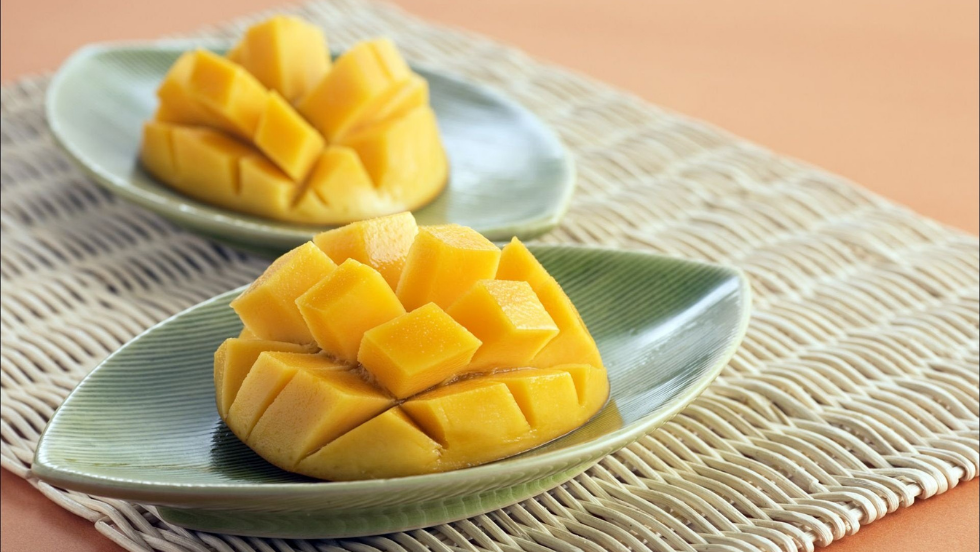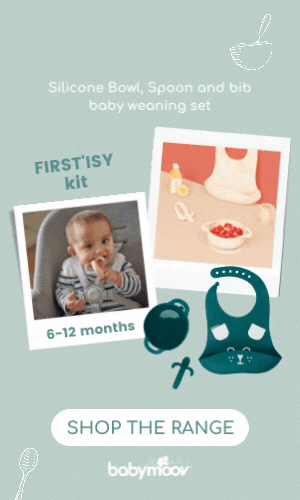Mango
Mangoes are the second most popular tropical fruit in the world after bananas and are available all year round. Naturally sweet, they will provide a bit of exoticism to baby’s diet and stimulate baby’s taste buds.
The advantages of mango:
This fruit is a source of vitamin A, necessary for growth, and vitamin C, which helps the body to absorb iron. It is interesting to note that a mango provides far more vitamins than an apple for example.
In India, mangoes are sun-dried and then ground into a powder that then becomes a spice which helps to promote digestion; pretty smart, don’t you think?
When and how to cook it?
Baby can be given mango from the age of 8 months but it will have to be cooked well to reduce the risk of allergens. So, it’s possible to prepare mango juice or puréed mango, while paying attention to the fibrous parts of the fruit which could be a risk when baby swallows.
From the age of 12 months, you can offer ripe mango diced small or blended with other fruit compotes.
Choose carefully: The mango should be just ripe, not too green and not overripe. So, choose a smooth fruit that gives slightly when squeezed but isn’t mushy. If it has marks on it, that means it’s overripe; if it’s too fibrous, then on the contrary, it’s not ripe enough.
You can offer mango with classic fruit such as apple or pear. You can also combine it with banana or another tropical fruit.


 EN
EN FR
FR NL
NL DE
DE ES
ES





